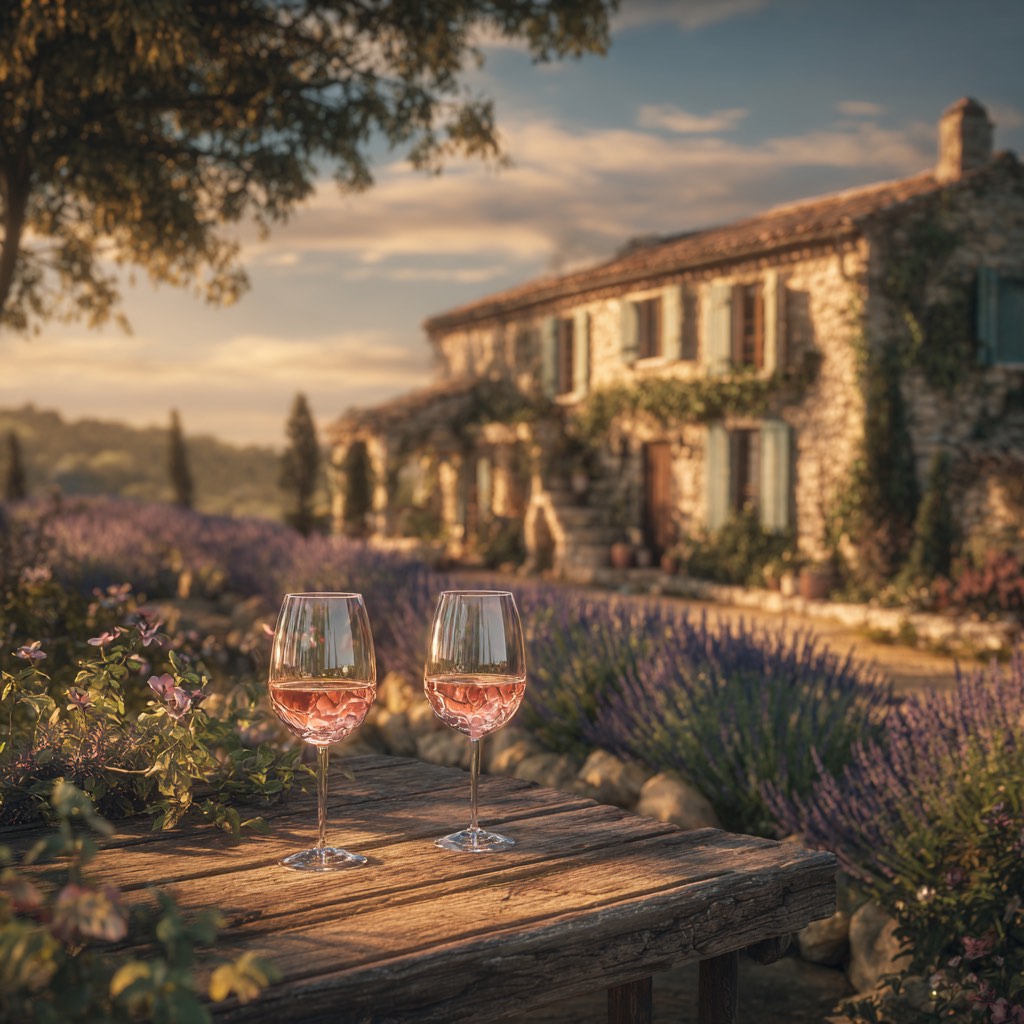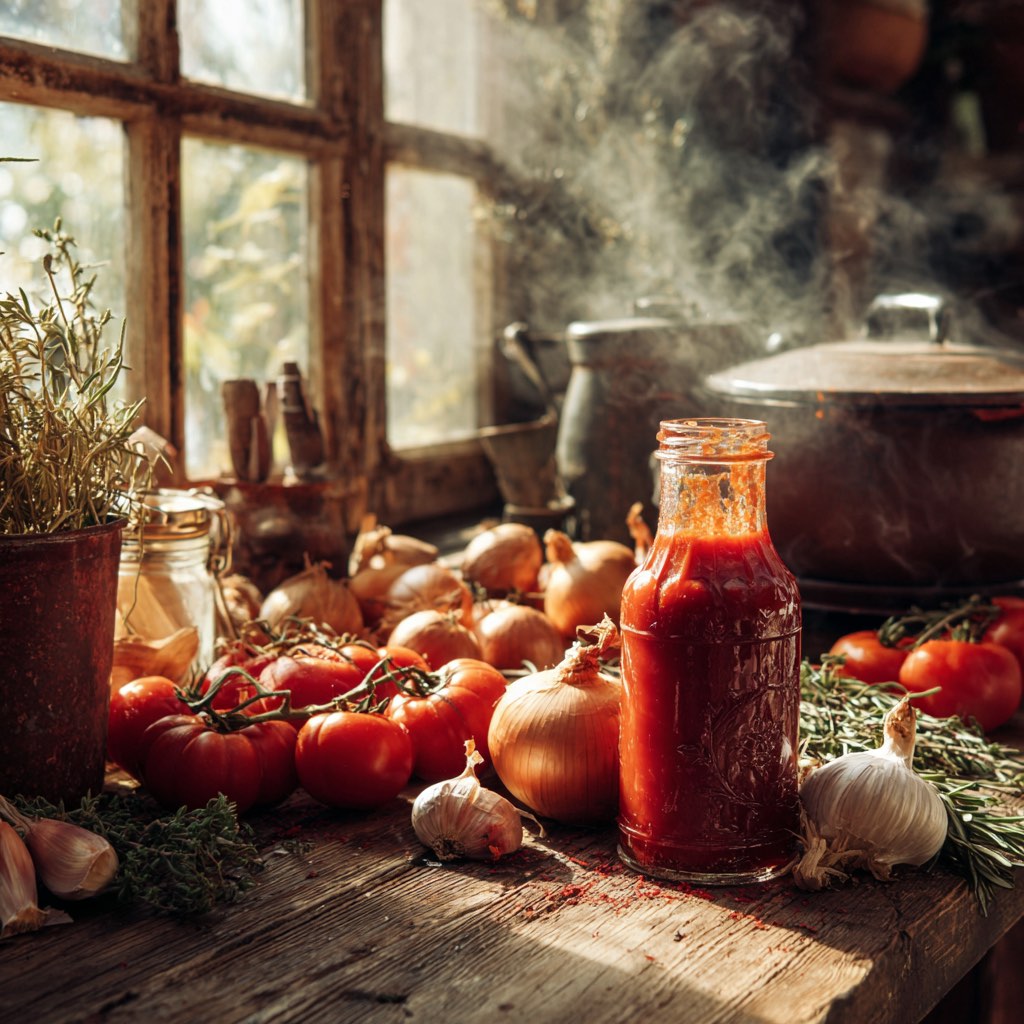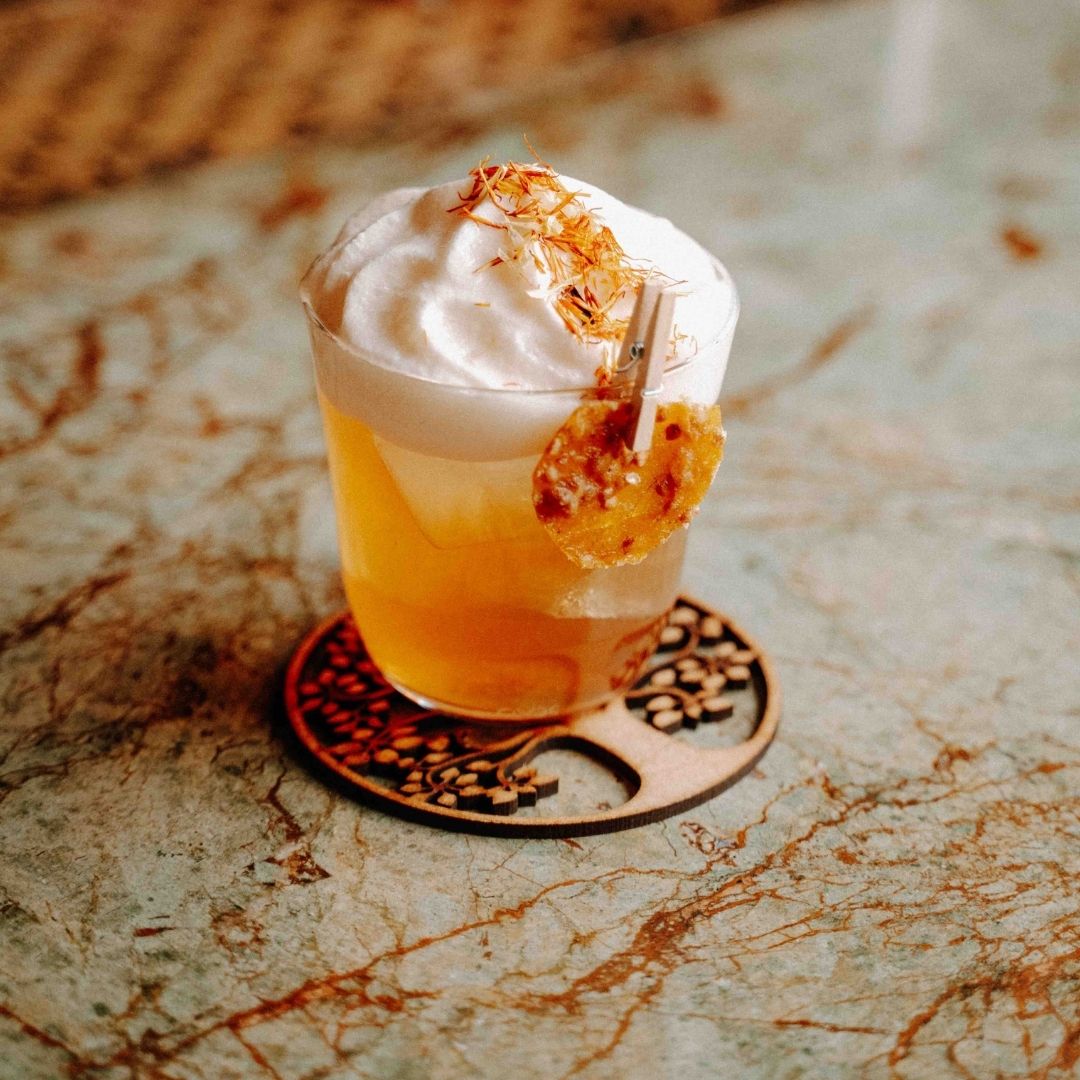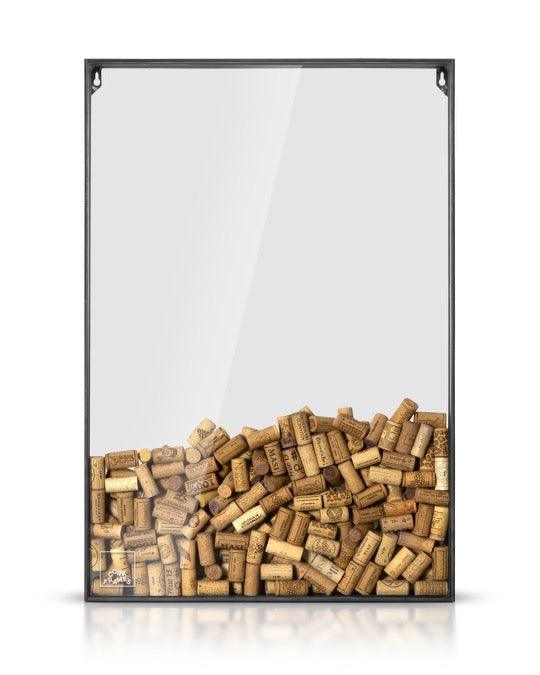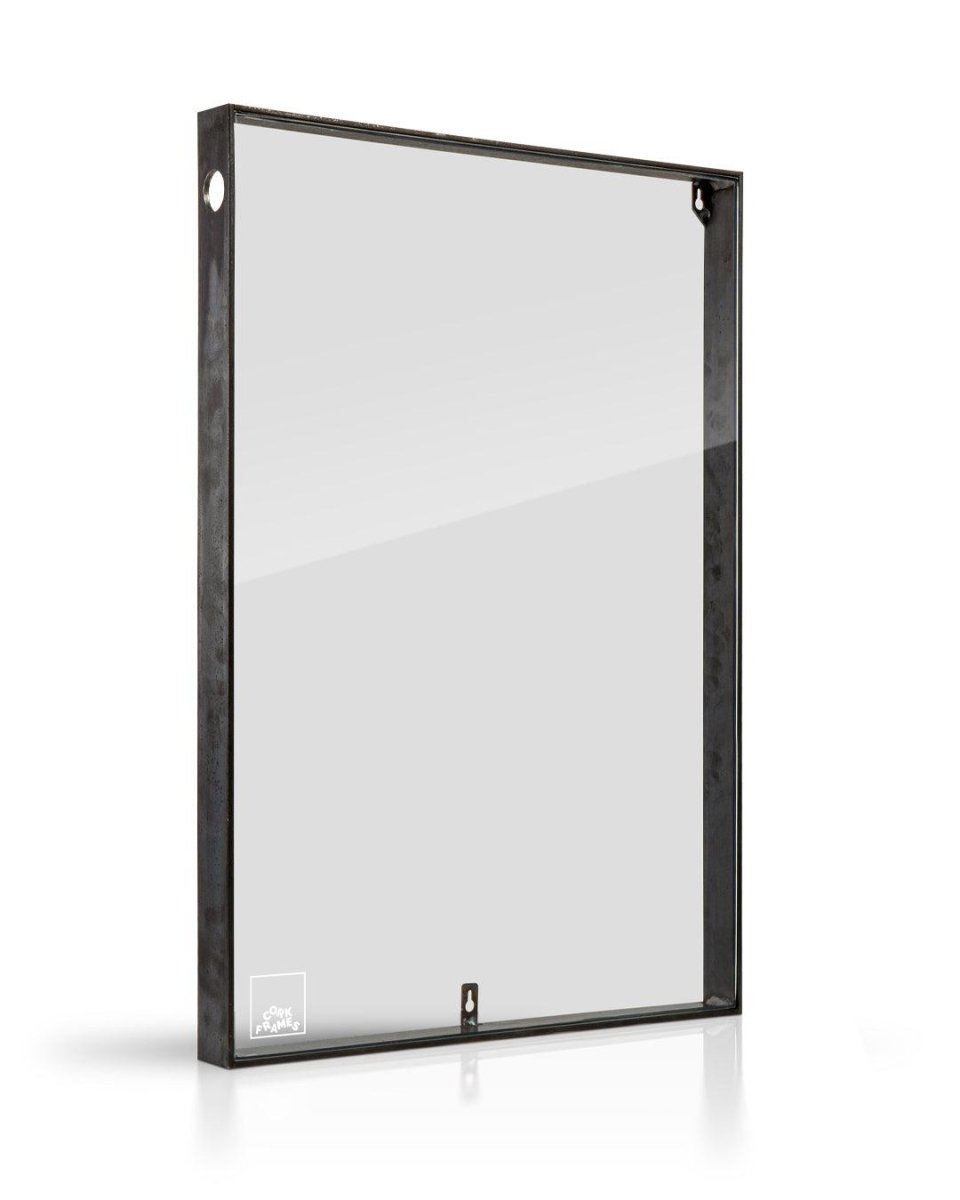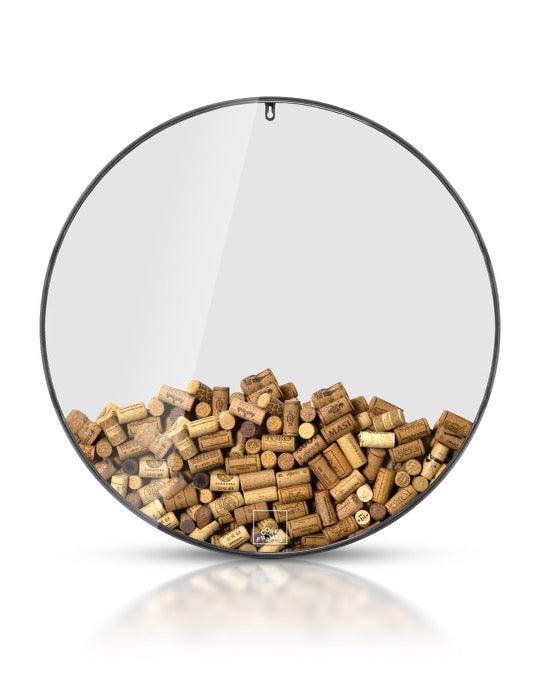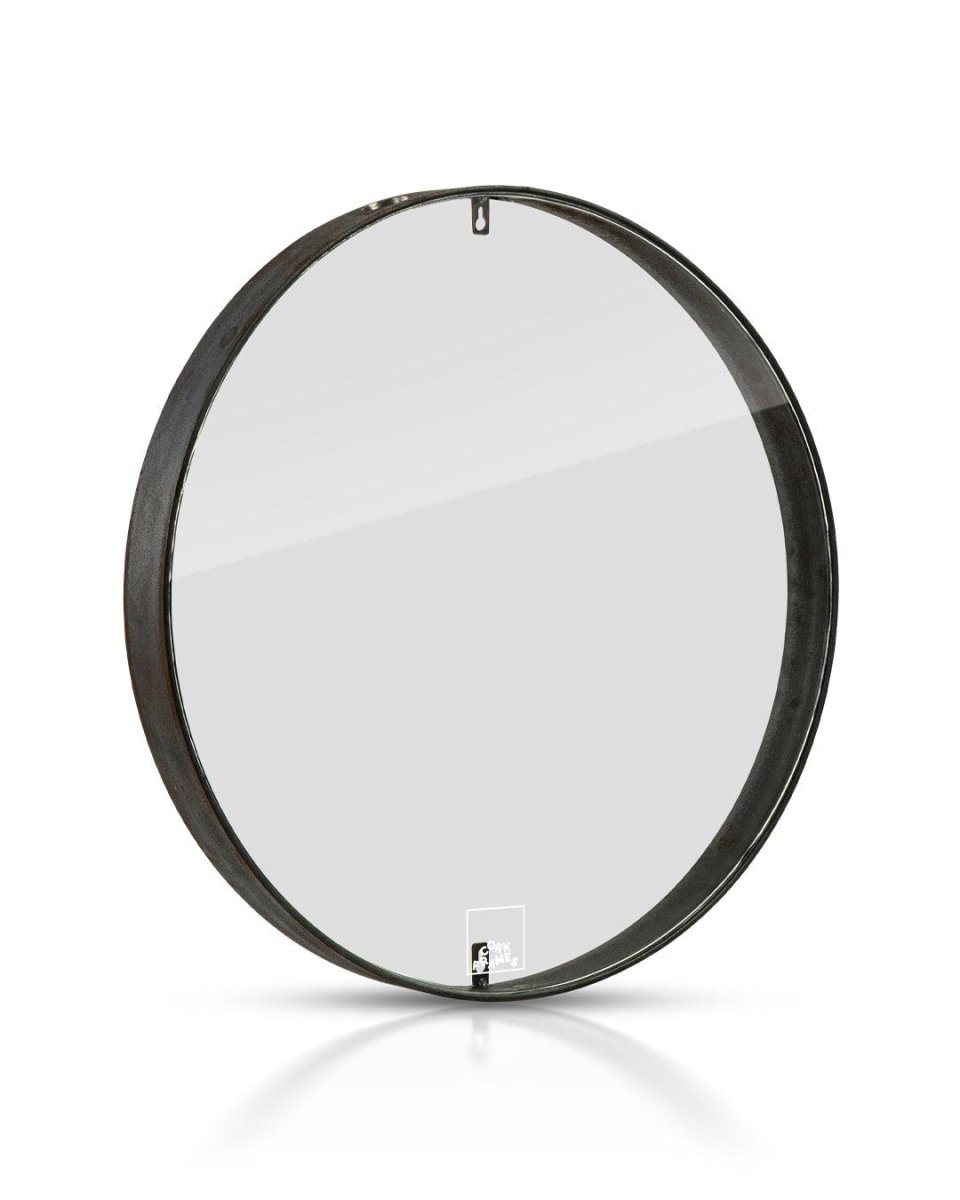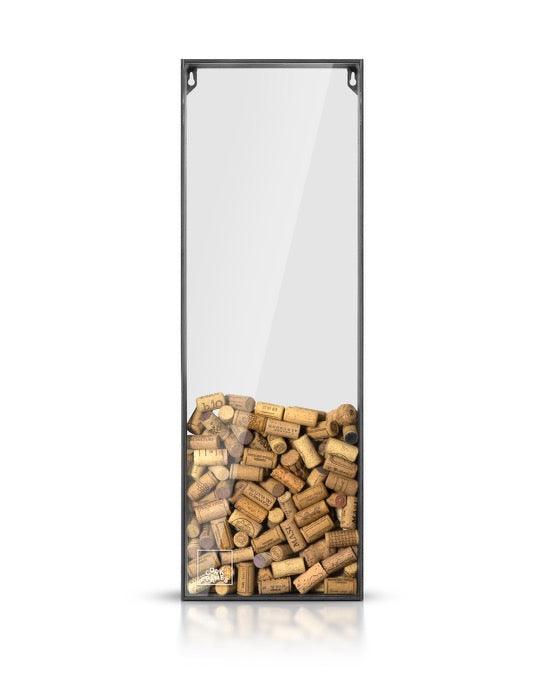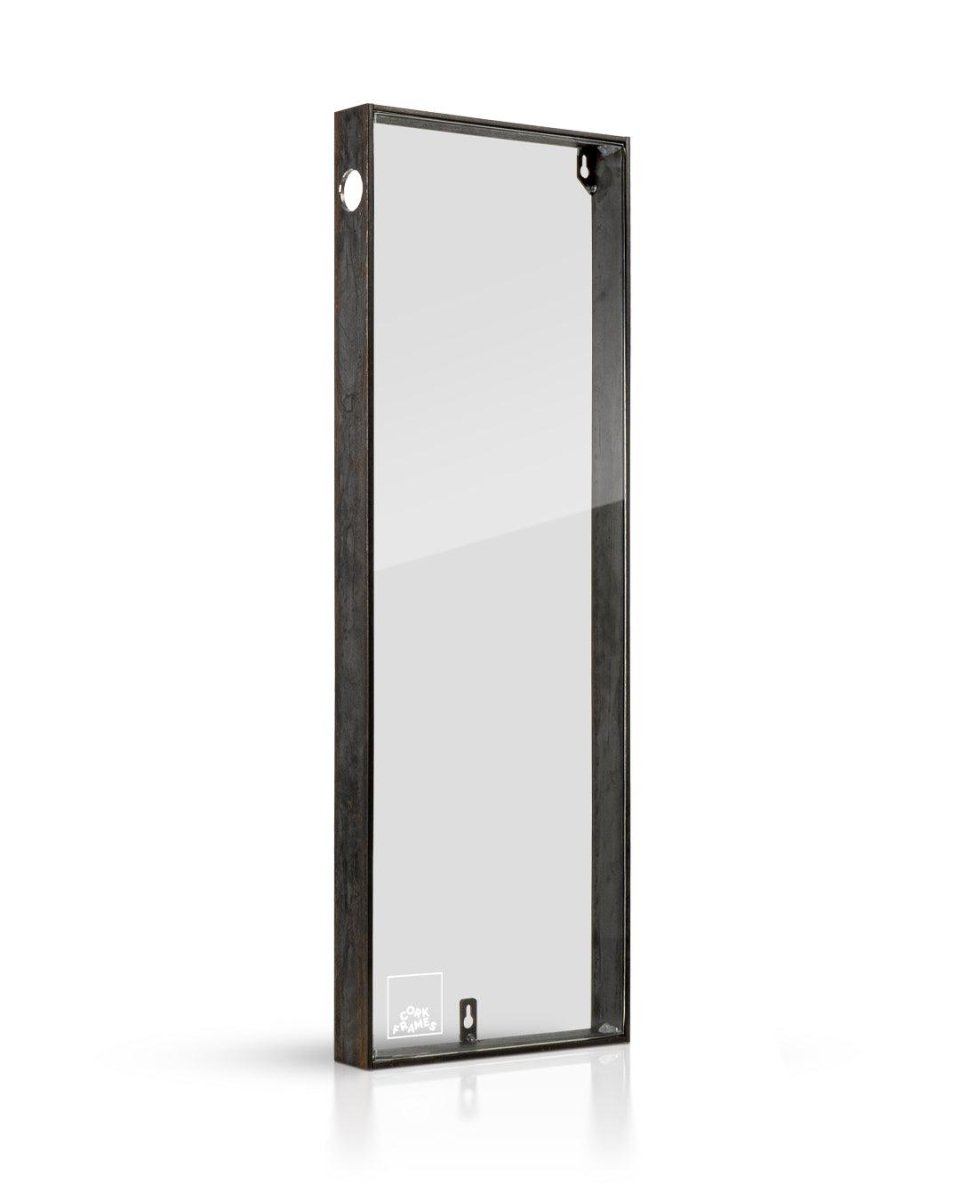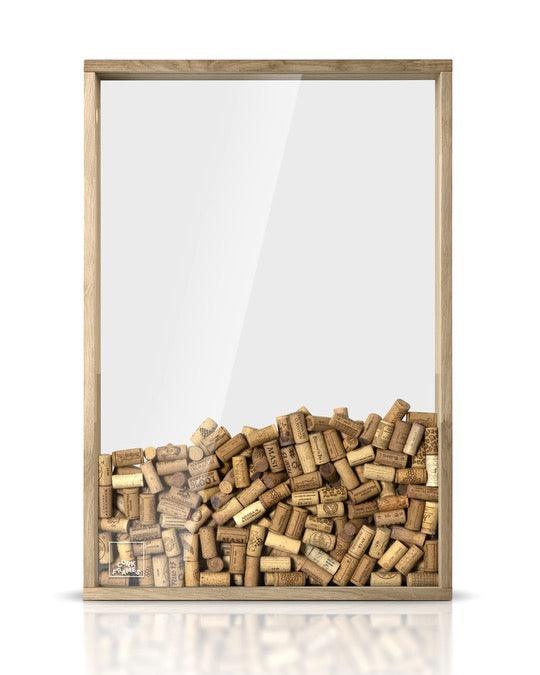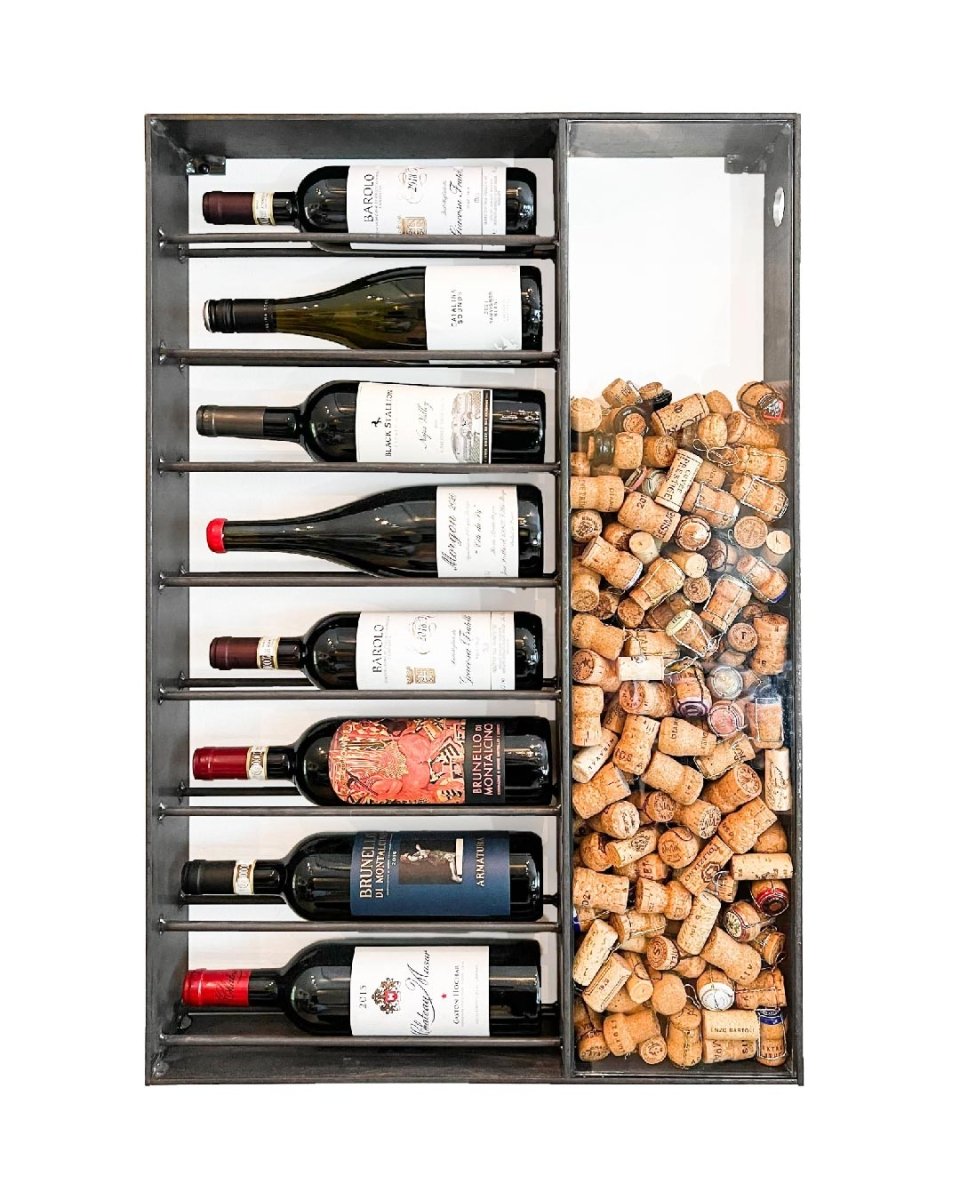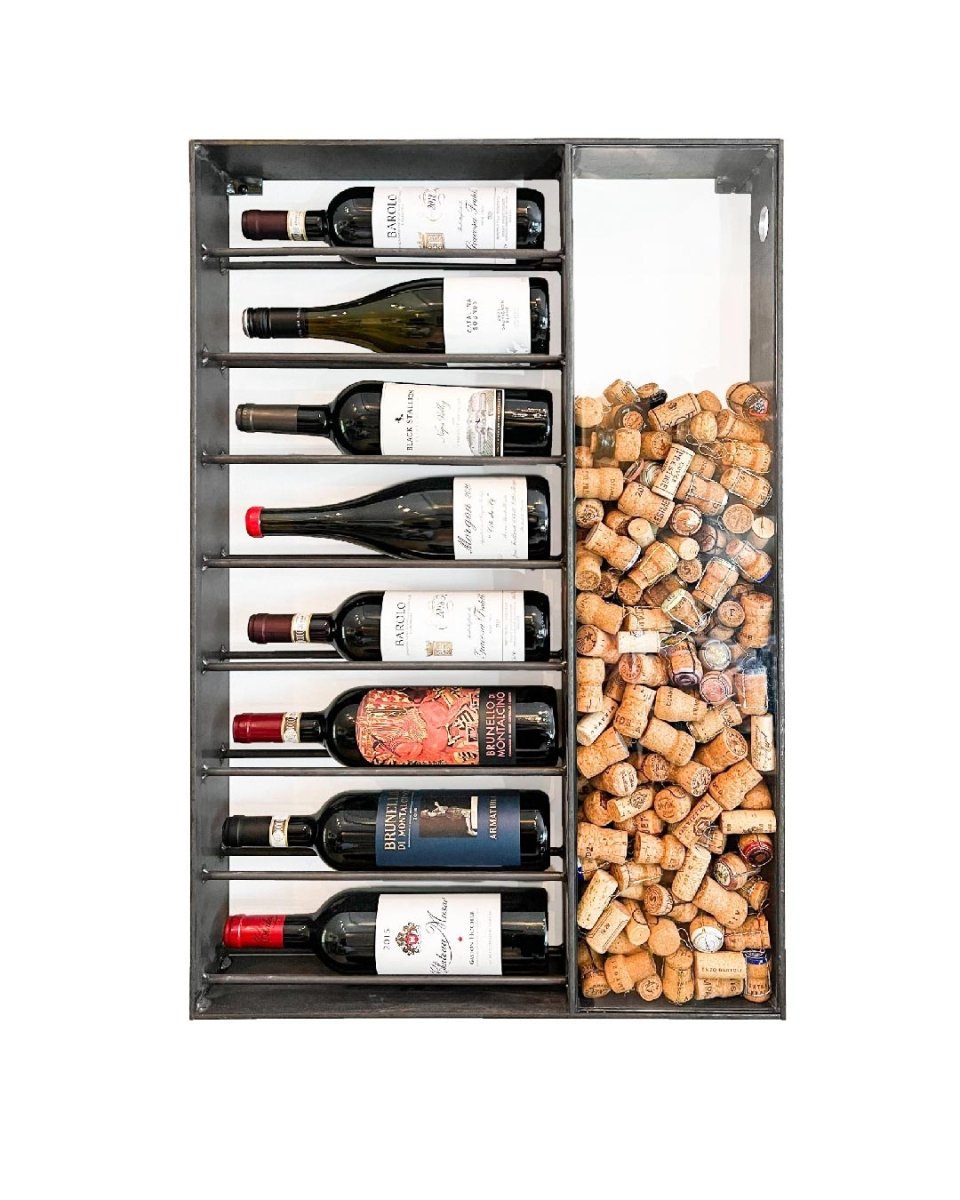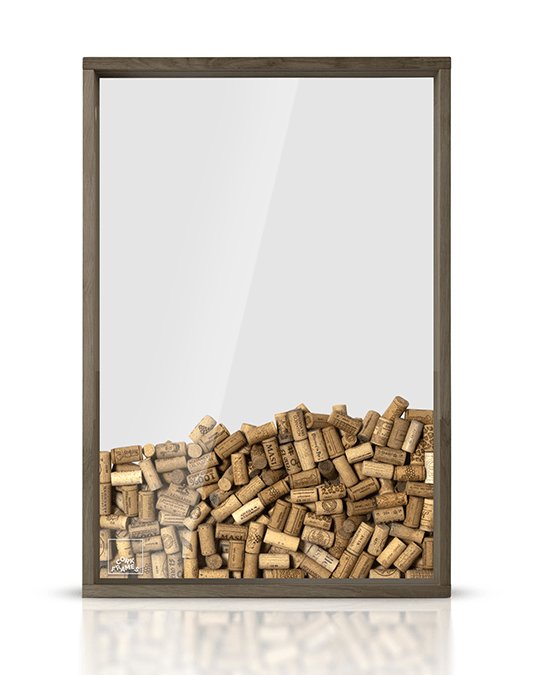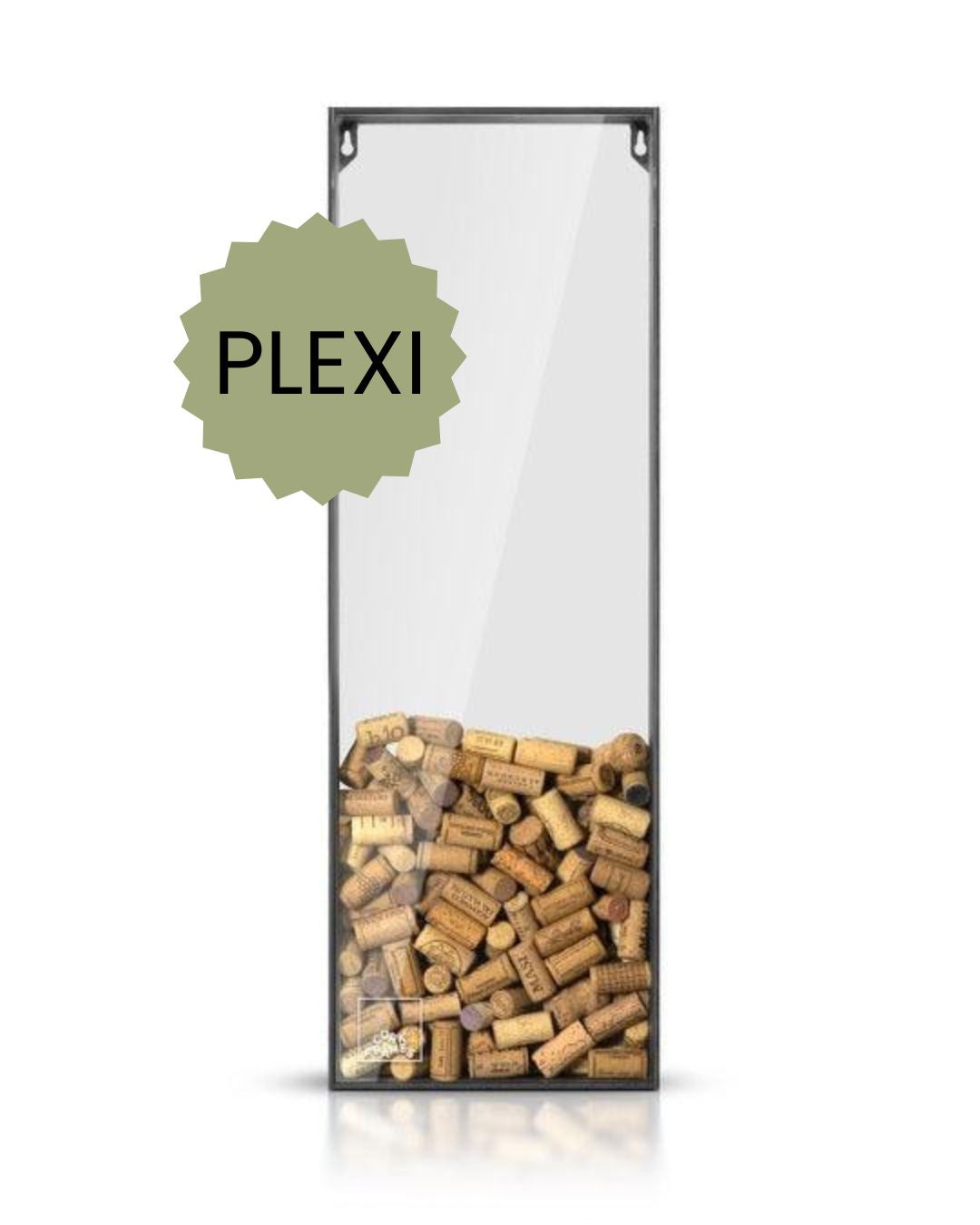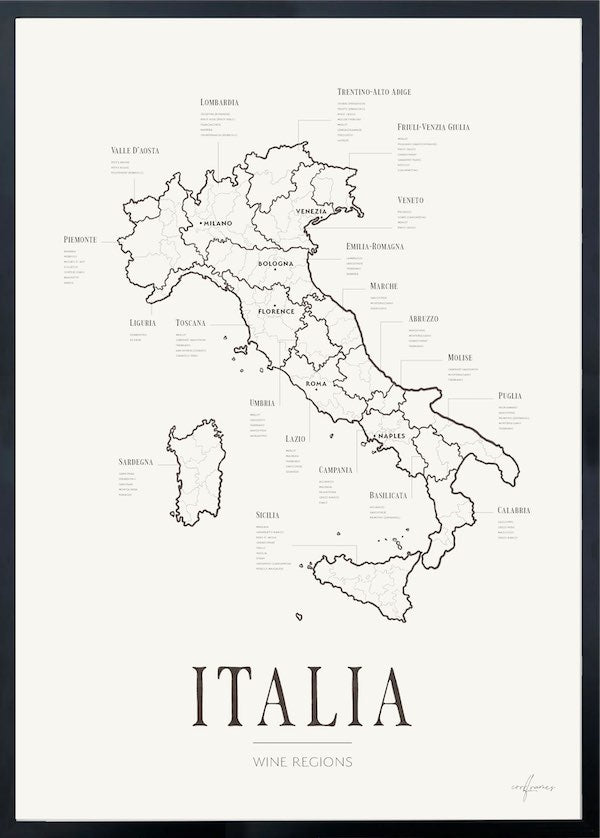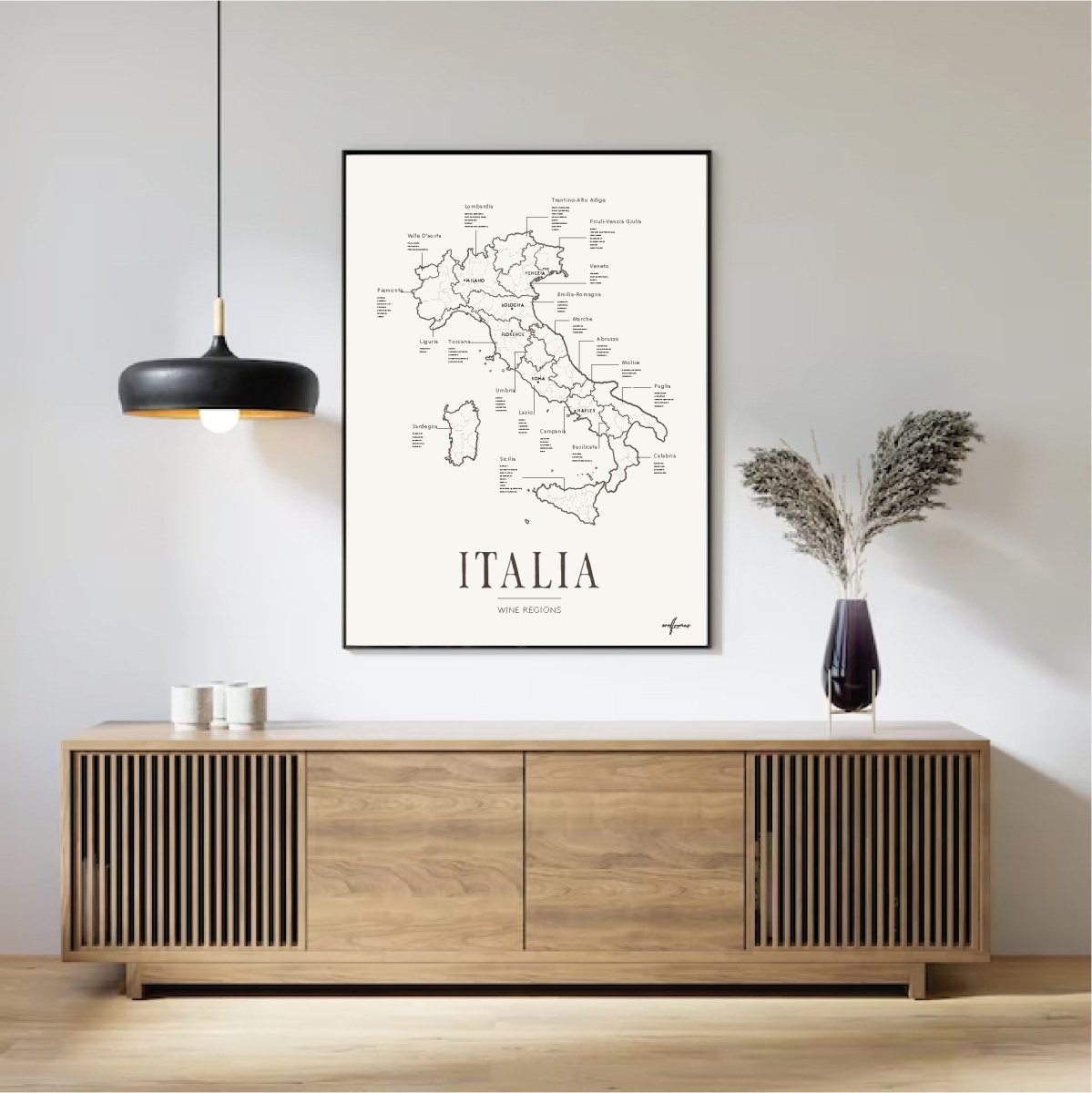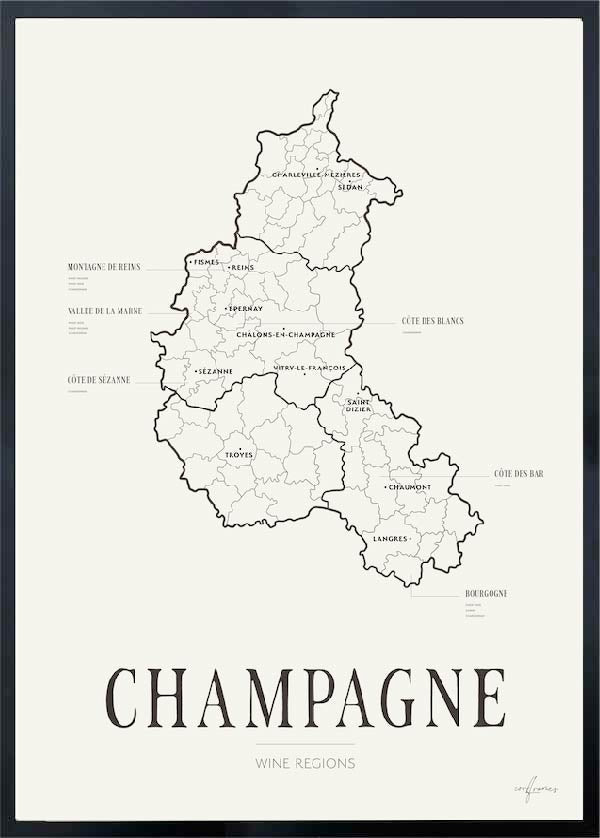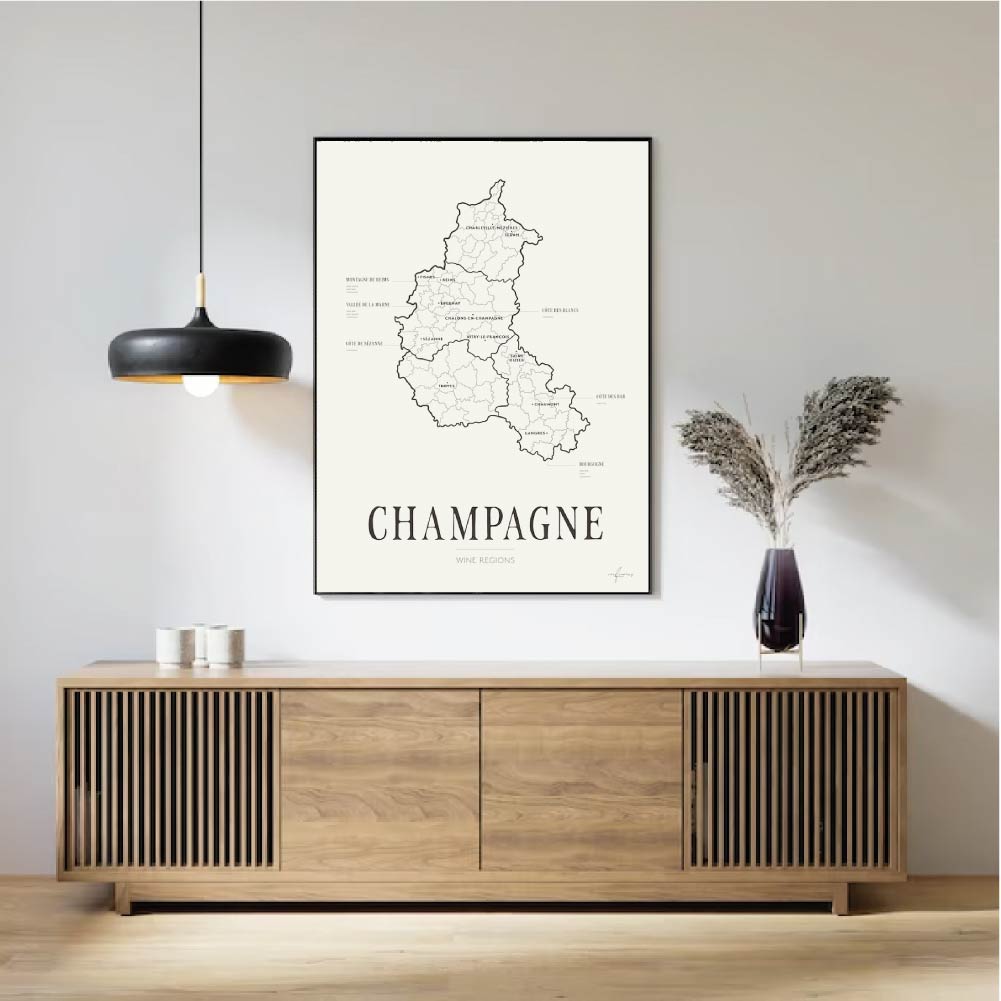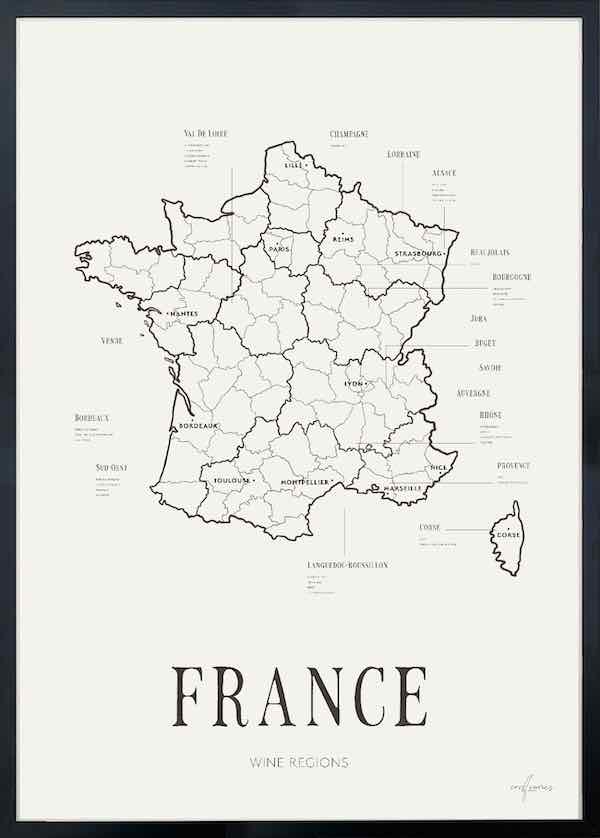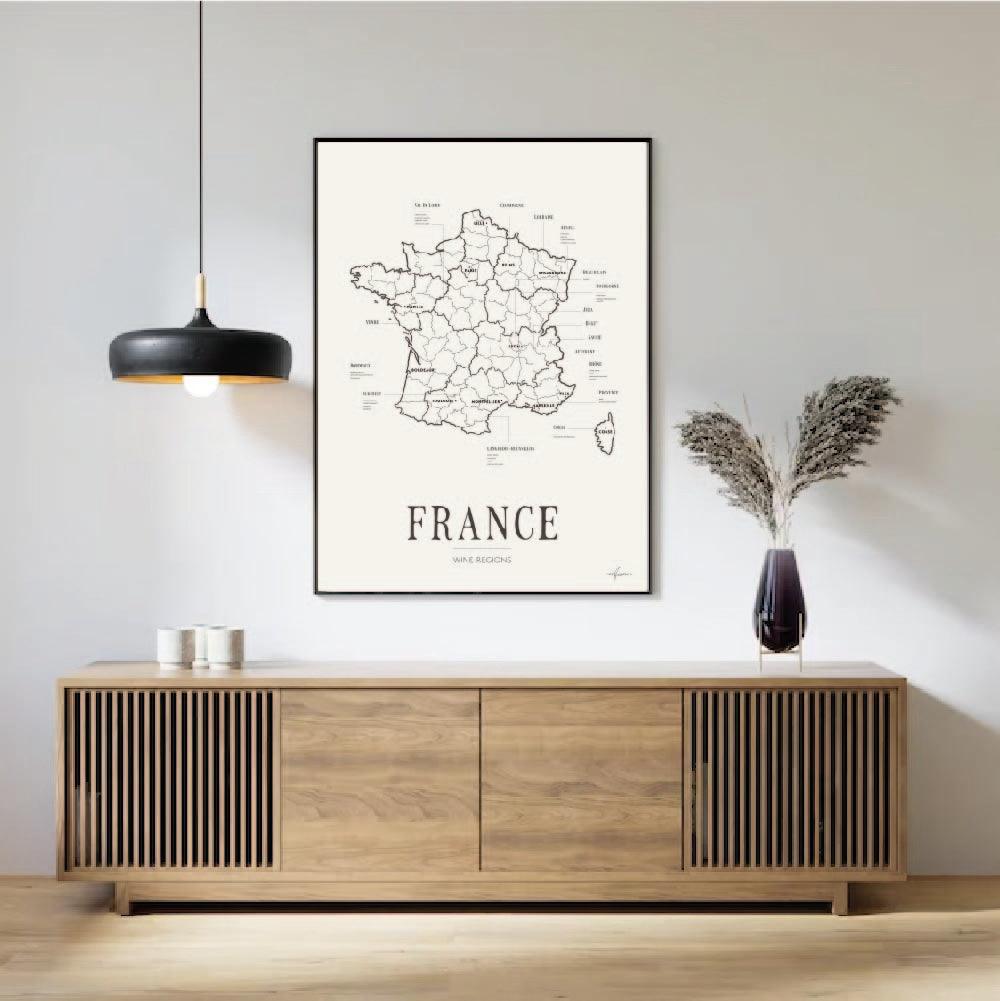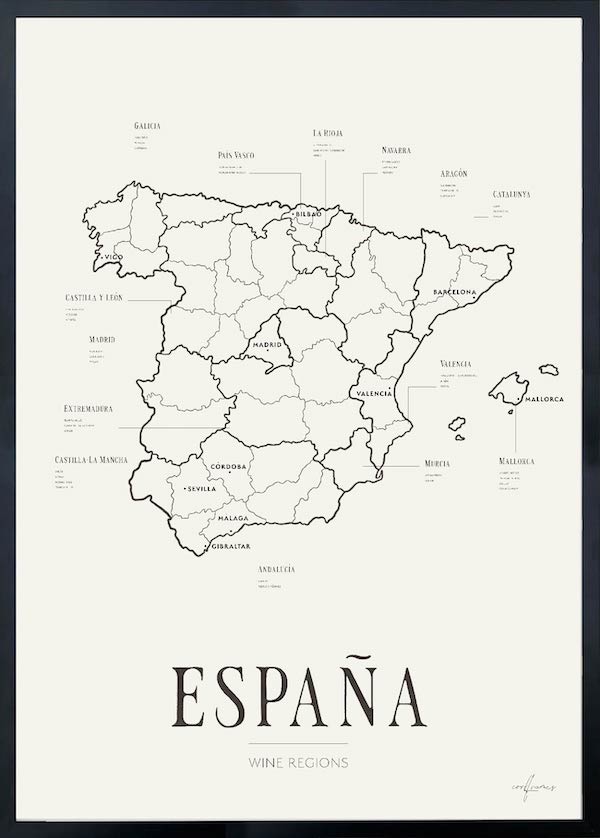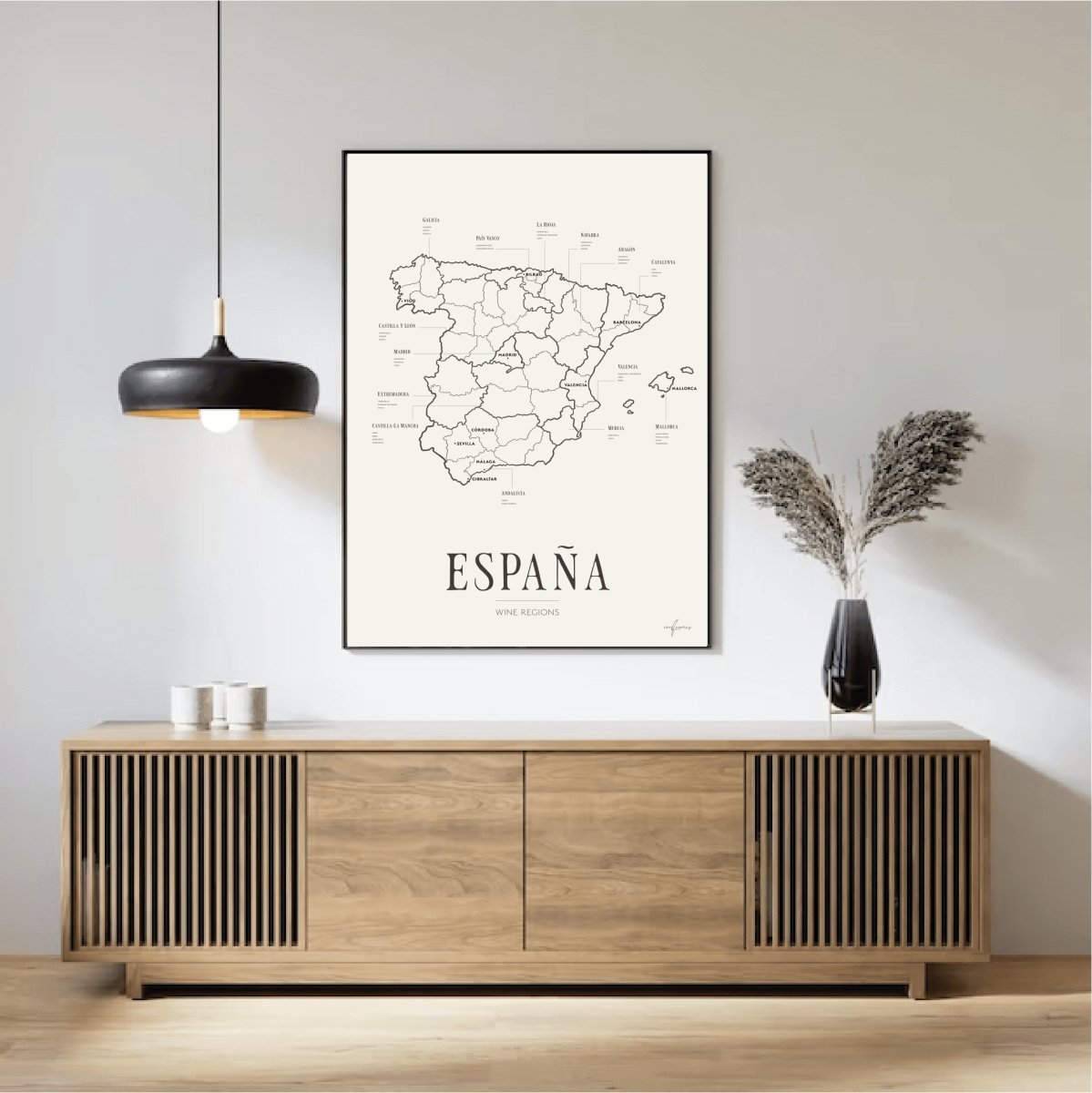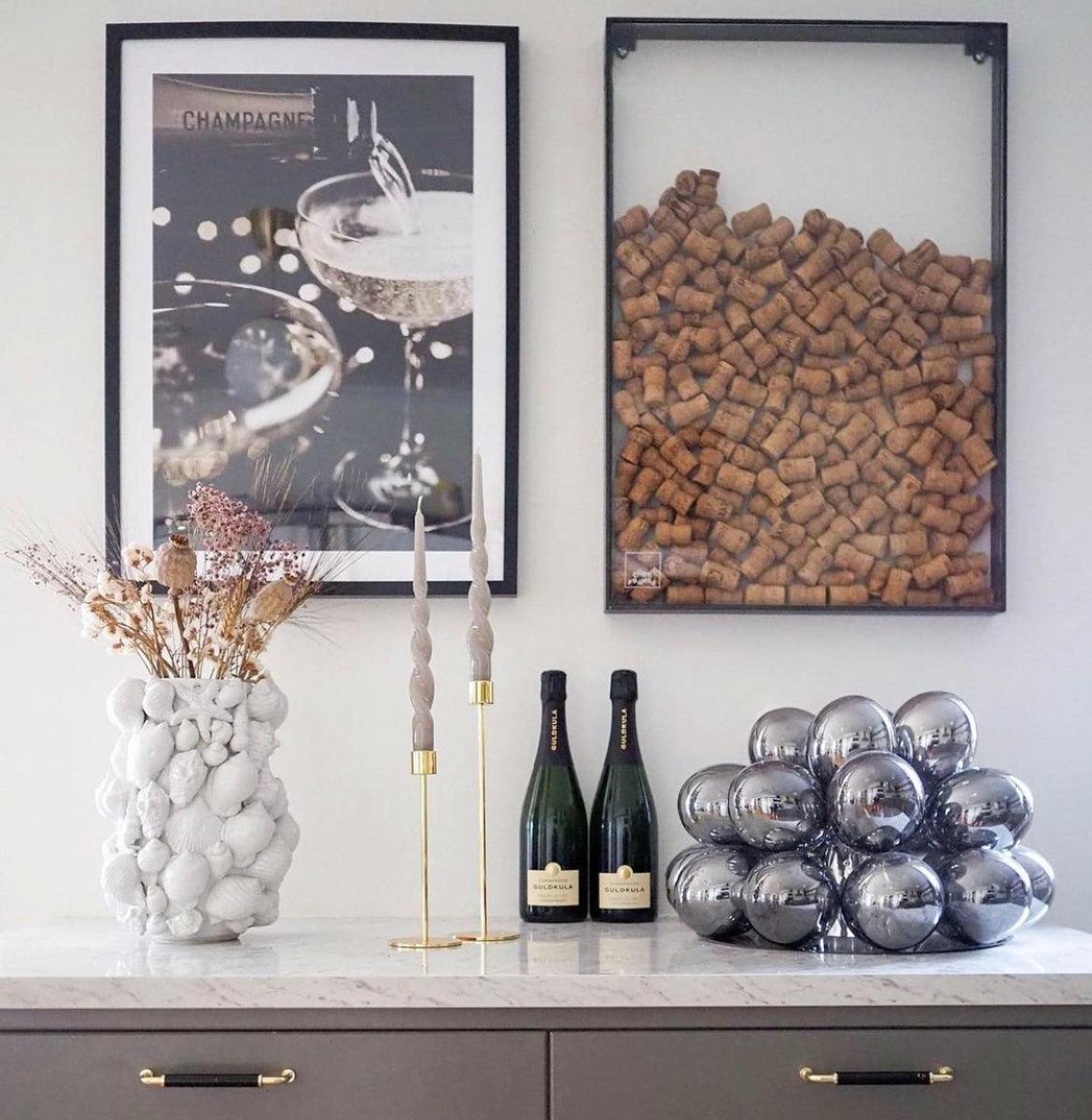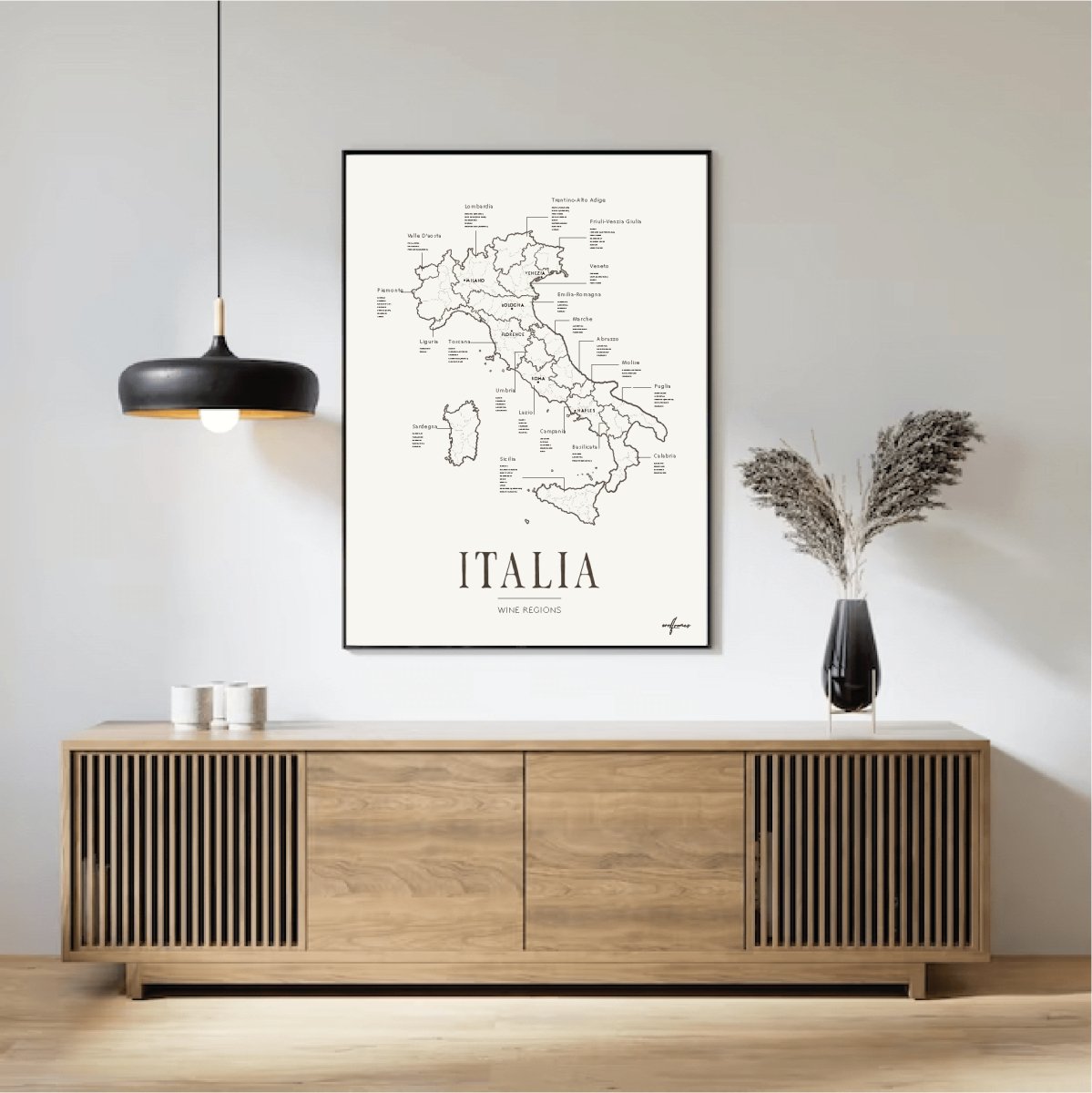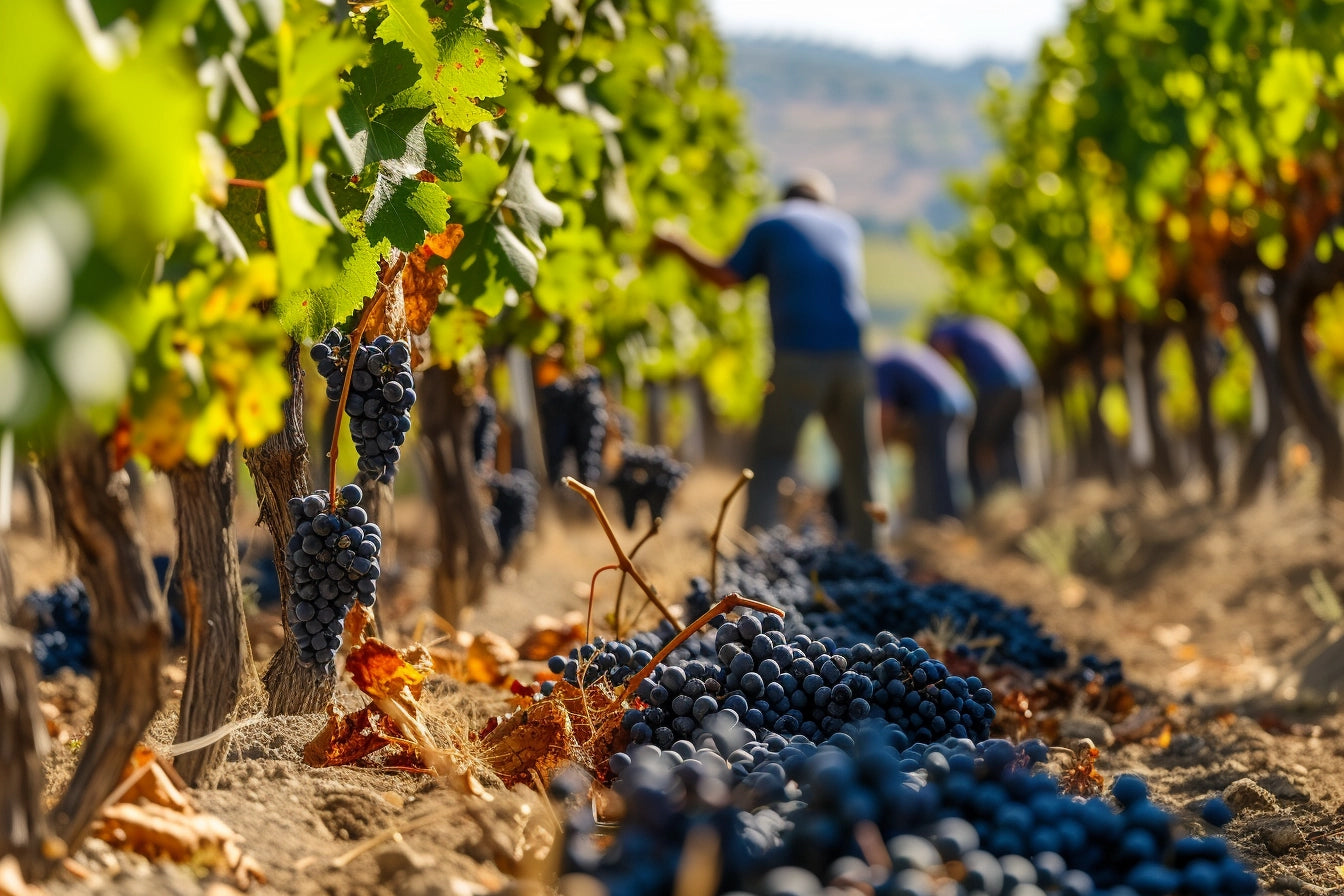Provence in southern France is one of the world’s most beloved wine regions. The landscape is shaped by lavender fields, olive groves, and charming hilltop villages, but it is above all the elegant rosé wines that have put Provence on the map. A trip here is a chance to experience the soul of winemaking – from the coastal breezes to the sun-drenched vineyards inland.
The Home of Rosé
Provence is synonymous with rosé wine. More than half of all French rosé is produced here, known for its pale color, crisp acidity, and flavors of red berries, citrus, and herbs. Grapes such as Grenache, Cinsault, Syrah, and Mourvèdre are often blended into wines that perfectly capture the Mediterranean lifestyle.
Wine Routes and Estates to Discover
The region offers many scenic wine routes where visitors can taste wines directly from the producers. Some of the most renowned appellations include:
-
Côtes de Provence – the largest appellation, famous for its diversity of rosés.
-
Coteaux d’Aix-en-Provence – combining tradition with innovation, producing both rosé and red wines.
-
Bandol – celebrated for its powerful red wines made from Mourvèdre, as well as structured, food-friendly rosés.
Coast or Inland – A Terroir of Contrasts
Provence offers fascinating diversity depending on where the grapes are grown. Along the coast, sea breezes give freshness and minerality, while inland vineyards benefit from heat and sunshine, resulting in wines with more depth and structure.
Perfect Pairings of Wine and Food
A wine journey in Provence is also a culinary adventure. Rosé pairs beautifully with grilled fish, seafood, and fresh salads. Bandol’s reds complement lamb, game, and hearty stews, while the region’s crisp whites are ideal with oysters and shellfish.
A Journey for All the Senses
Traveling through Provence means embracing a lifestyle where wine, food, and nature come together. You don’t just taste the wines – you see the landscapes where the grapes grow, meet the winemakers, and breathe in the lavender-scented air. It’s an experience that lingers long after the last glass is empty.

